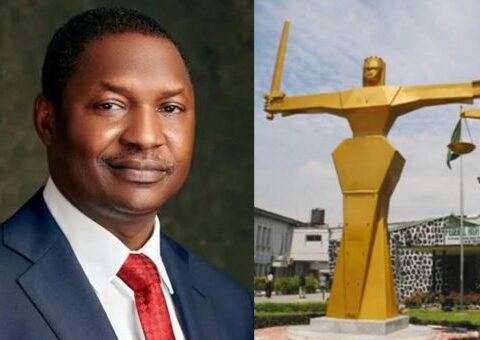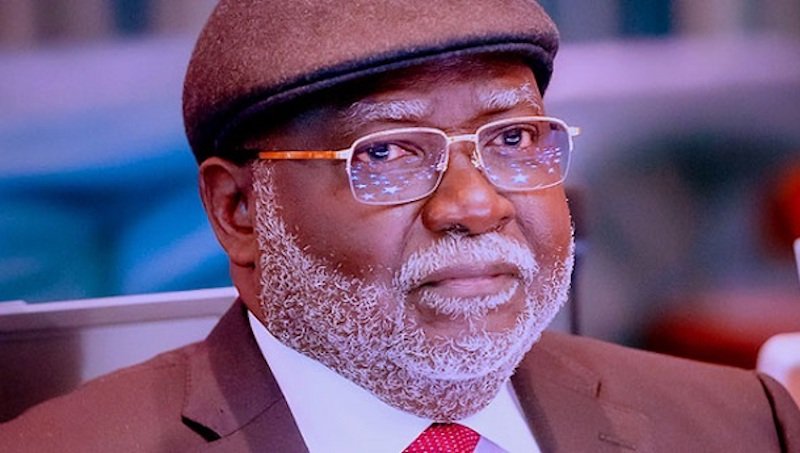The Minister of Interior, Dr. Olubunmi Tunji-Ojo, issued a stern warning yesterday, stating that any officials of the Nigeria Correctional Service (NCoS) found guilty of involvement in the ongoing apartment-for-prison scandal concerning notorious cross-dresser Idris Okuneye, popularly known as Bobrisky, would face serious consequences.
The scandal has recently gained significant attention on both social and traditional media platforms, with allegations that certain NCoS officials arranged for Bobrisky to serve his jail term in a private apartment rather than a prison cell.
This followed his sentencing to six months imprisonment by a federal high court in Lagos for charges related to naira abuse.
The case involving Bobrisky has sparked a wave of controversy in Nigeria.
Bobrisky, a well-known cross-dresser and social media influencer, was sentenced to six months in prison by a federal high court in Lagos for offenses related to naira abuse.
However, what has caused even more outrage is the scandal that followed: allegations that certain officials of the Nigeria Correctional Service (NCoS) arranged for Bobrisky to serve his jail term in a private apartment rather than in a prison cell.
This alleged preferential treatment has prompted serious questions about corruption and the integrity of the nation’s penal system.
While Bobrisky’s case is unique due to the public’s fascination with his gender expression and social media influence, the implications of this incident reach beyond his personal circumstances, prompting a national discussion about inequality in the Nigerian legal system, where some individuals may receive more lenient treatment than others due to wealth, status, or influence.
Critics have pointed out that cases like these undermine the very foundation of law and order, sending a dangerous message to the public. If individuals with means or social clout can avoid standard prison conditions by paying their way into luxury arrangements, it raises serious concerns about fairness and justice for ordinary Nigerians who must face the full brunt of the law. The role of the Nigeria Correctional Service is being scrutinized heavily, and the outcome of the investigation will likely set a precedent for how such cases will be handled in the future.
In his response, Minister Tunji-Ojo assured that the government would not allow such misconduct to go unchecked, promising a diligent and far-reaching investigation to restore discipline and integrity to the Correctional Service.
This case highlights the need for a broader reform in the prison system and a reexamination of the privileges that certain individuals may enjoy at the expense of others.
The Bobrisky scandal is a test of the Nigerian government’s resolve to tackle corruption within its institutions. Whether justice will truly be served, and whether the NCoS will emerge with its credibility intact, remains to be seen.
For now, the eyes of the public and media remain fixed on how this case unfolds, as it symbolizes much more than just one person’s legal troubles; it represents the ongoing battle for equality and transparency in Nigeria’s judicial system.



























